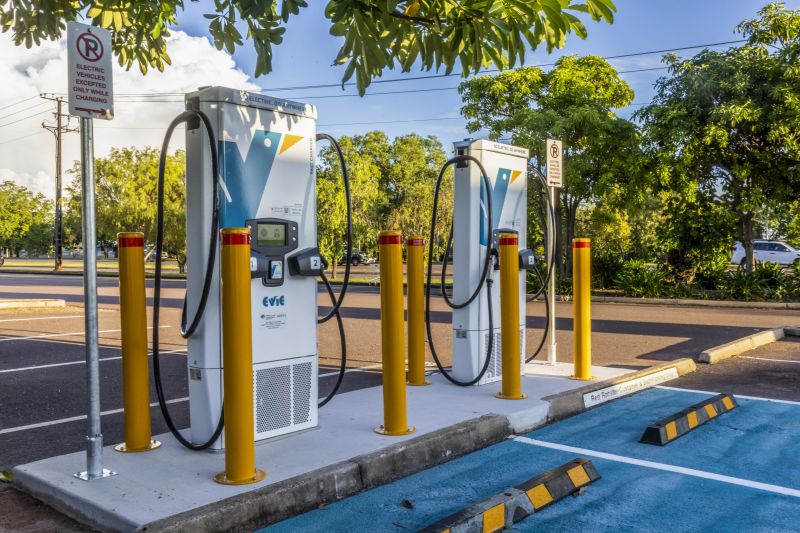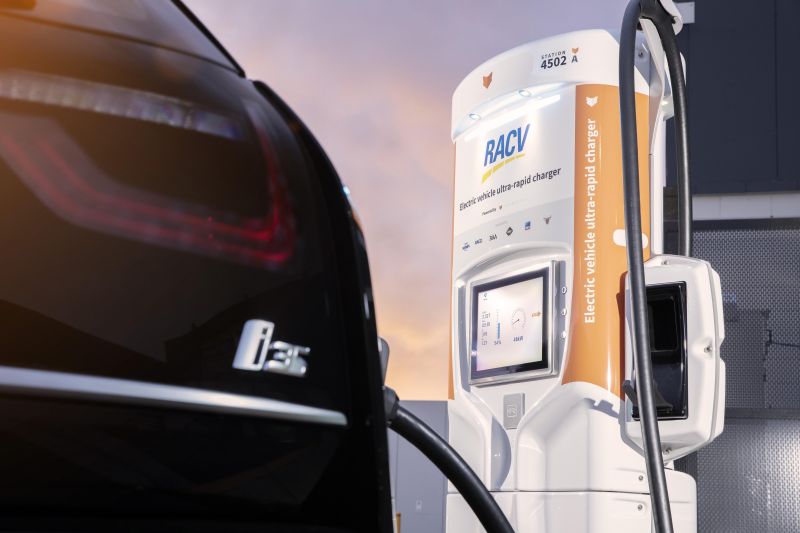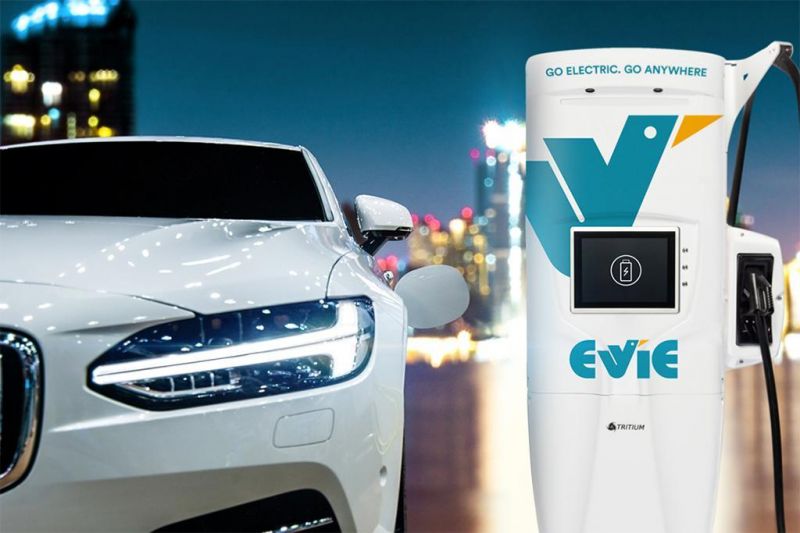Australian state and federal governments are set to introduce a range of new standards that will crack down on unreliable and broken electric vehicle (EV) chargers.
As reported by The Driven, a new uptime standard will be imposed nationwide from January next year which will require all state-funded EV chargers to function properly at least 98 per cent of the time.
This will bring Australia in line with other EV charger uptime standards imposed in other countries, including the US which currently targets an uptime of 97 per cent, and the UK which targets an uptime of 99 per cent.
This forthcoming EV charger reliability standard is important as EV sales continue to skyrocket in Australia, and EV charger providers haven’t been officially held accountable if their EV chargers are out of order to date.
There is currently little information available about uptime of EV fast chargers in Australia, though Brisbane-based EV charger manufacturer Tritum claims a 97 per cent uptime figure on the Evie charging network.
At this stage there’s no uptime data available on any EV chargers operated by Chargefox or Tesla.
In addition to mandating government-funded EV chargers work 98 per cent of the time, these new standards will require every government-funded EV fast-charging site to have at least two DC charging units with at least two plugs each.
At least 70 per cent of each DC fast-charging site must have CCS Type 2 plug connectors, and each charging bay should allow enough room for larger EVs with front-, side-, or rear-mounted charging ports.
Charging stations with a capacity of 150kW or more should have at leave one drive-through charging bay to allow for larger EVs or ones that are towing a trailer.
Lastly, one bay per site is required to meet disability accessible parking bay standards.
It’s worth noting existing government-funded EV charging sites, or projects currently underway won’t be required to adhere to these standards.
Jurisdictions also still have the right to vary requirements for unique locations where compliance with these standards is impractical or prohibitive.
“As part of the National Electric Vehicle Strategy, the Albanese Government is working with states and territories on national consistency to give Australians greater access to charging infrastructure for cleaner, cheaper to run cars,” said Minister for Climate Change and Energy Chris Bowen.
“This includes collaborating on payment methods, accessibility, and universal chargers so that EV drivers can access a convenient, affordable, and equitable national charging network.”
“Minimum operating standards will help simplify administration, address range anxiety and send a strong signal to charge point operators on baseline requirements”






